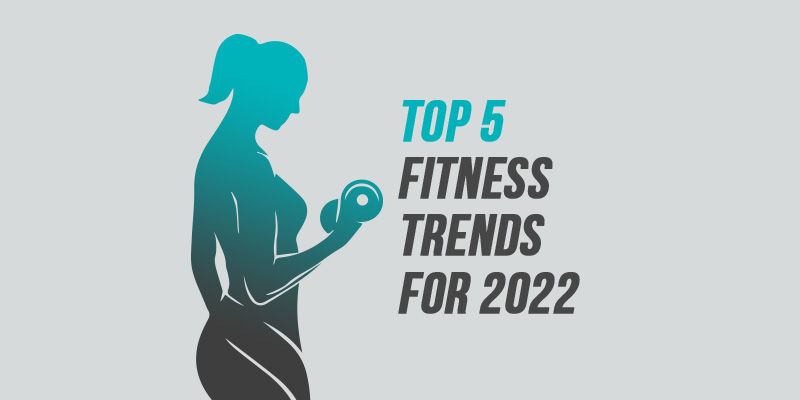10 Tips To Help You Stay Healthy During Ramzan This Summer!
Fasting during Ramzan, especially in the summer months, can be challenging with the temperatures only rising each day! Summer days are longer than usual, so you have to go longer without meals and water while observing the sacred fast. There is a high chance that the scorching heat can adversely affect your body and may cause other health complications, stress and irritability.
We are here with some expert-curated tips to ensure this does not happen and you have a healthy and peaceful fasting experience during the holy Ramzan month. Oliva’s experts recommend having a holistic and balanced approach to eating nutritious meals mindfully, coupled with enough physical activity. Read on to know more!
Top 10 Tips For A Healthy Ramzan Fast From Nutrition Experts
Without further delay, here are the top 10 tips that will help you maintain your energy levels during the Ramadan fast easily and healthily:
-
- Maintain A Positive Mindset: Having a positive perspective about fasting during this time can be helpful. Experts suggest that looking at this period as an opportunity to reset your mind and body, test your limits and conquer them can make it a tad bit easier.
- Take One Day At A Time: Adding on, thinking about the whole month of fasting can seem like a Herculean task. Focus on one day at a time, plan your meals and fast to make it easier on your mind and body.
- Add Soups And Salads: Try to begin your meals with healthy soups and salads. It helps avoid overeating after 14-16 hours of fasting as you save the heavy dishes for later.
- Opt For Healthy Meal Plans: Opt for energising foods like vegetables, fat-free dairy products, nuts, avocados, fruits and more for Sohour or the morning meal. These superfoods will manage your energy levels and help you get through the day with ease. Meanwhile, you can opt for fibre-rich meals that include vegetables, whole grains, fruits, dates and nuts for Iftar (the evening meal). This also boosts your digestive system’s functioning. Avoid intake of foods with a high glycemic index, processed foods and deep-fried dishes as they can cause acidity, indigestion, bloating, elevated blood sugar levels, and fatigue. Also, avoid caffeine and aerated drinks as they cause dehydration, which only worsens during the summer.
-
- Watch Your Portion-Size: Maintain consistency with the portion size of your meals to avoid overeating. Try to eat the same amount of food every day.
- Practice Mindful Eating: Try to spare a few extra minutes to eat slowly and mindfully, though it can be difficult if you are a working professional or a homemaker who must multi-task.
EXPERT ADVICE
Here are some simple changes you can make to your Ramzan diet to overcome common health issues:
- Dehydration: Having milk during Sohour is a must this summer as it has a high hydrating index.
- Constipation: Have at least two servings of fruits and vegetables in the morning and evening. Staying hydrated and eating papaya and bananas help in relieving constipation.
- Acidity and heartburn: Avoid having heavy meals after fasting to prevent acidity. Also, avoid intake of very spicy and oily foods and caffeine to prevent heartburn.
- Fasting and headaches: Hunger, dehydration, and poor sleep can also trigger headaches during fasting. Ensure you do not miss the morning meal and hydrate well to rule out headaches.
-Lavanya Parthasarathy, PhD, CDE
- Keep Yourself Hydrated: Hydrate well and enough. While the body can survive for a while without food, it cannot handle long hours without water, especially in the summers. Drink water at regular intervals between Iftar and Sohour. Include coconut water, juices, and summer delights like watermelon and cucumber in your meals.
- Pay Attention To Your Body Signals: Listen to your body when you have your meals. Stop when you are full and make sure you do not miss Sohour to prevent tissue breakdown. Eating a nutritious meal in the morning is essential to keep you energised for the day as you do your regular activities, especially in the scorching summer heat.
- Take Out Time For Physical Activity: While engaging in religious activities, fasting and doing your everyday chores will keep you occupied, engaging in light exercise will keep your mind and body fit. It also helps maintain your blood sugar levels, blood pressure and hormonal balance. Fitness experts suggest exercising before Sohour as it can boost your appetite, helping you eat well enough for the rest of the day. However, you can choose a time that is suitable for you. Please do not overdo it, as it may lead to weakness, dizziness, hunger, mood swings, injuries or even loss of muscle mass.
- Ensure Your Emotional Nourishment: Try to engage in a relaxing activity for at least 30 mins to an hour every day as it helps nourish the mind. Eating Sohour and Iftar with loved ones can keep your mood light, joyful and festive.
EXPERT ADVICE
How To Prevent Weight Gain During The Ramzan Fast?
Fasting during Ramzan causes weight loss and reduces fat-free mass if one follows a balanced diet. You can slowly but surely develop healthy eating habits during the Ramzan fast and prevent weight gain if you eat in moderation. Choose a healthy cooking method like grilling instead of frying, avoid artificially sweetened beverages, and have morning meals without fail.
-Lavanya Parthasarathy, PhD, CDE
Conclusion
We trust that these tips will help you maintain your sacred fast healthily while enjoying the festivities despite the high temperatures this summer. Having a positive mindset and planning your meals and activities will make it easy for you to stay healthy and fit during the holy month of Ramadan.
However, do note that it may be advisable to consult a qualified doctor and experienced nutritionist to plan your meals for Ramadan if you are pregnant, breastfeeding or have any chronic health issues like diabetes, kidney diseases, hypertension and heart problems for which you need to take medicines with food.
Stay tuned for more updates on nutrition!











